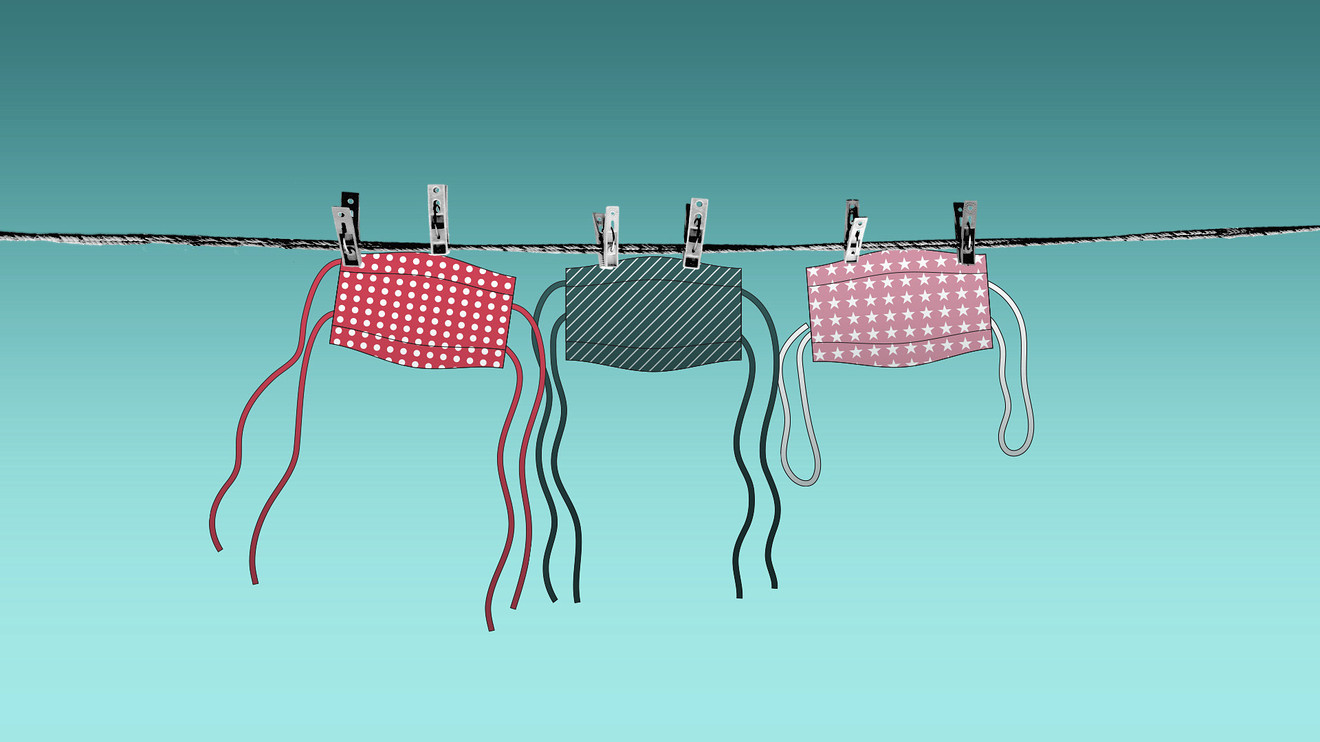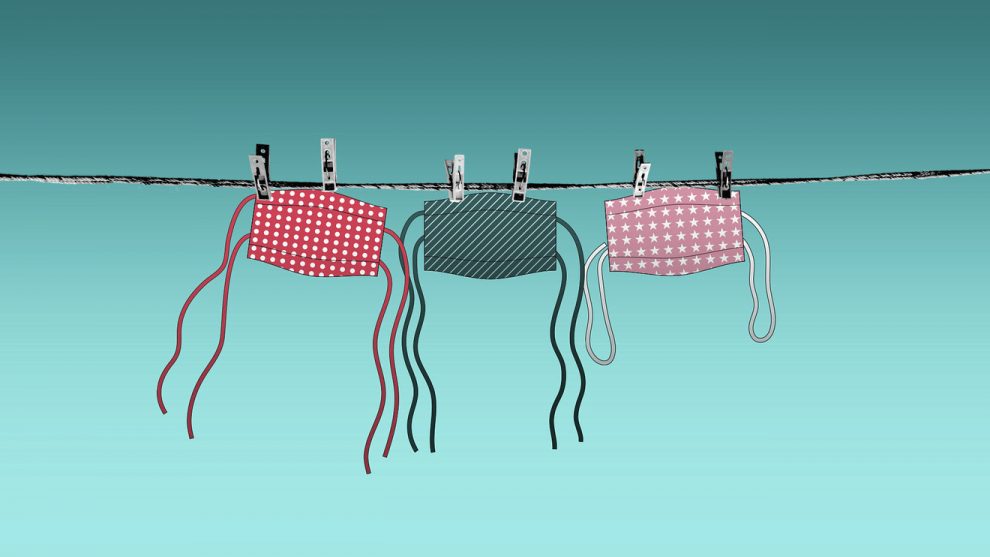
The Federal Reserve is a lot more worried about the economy than the stock market or the president are. Officials and staff economists at the Fed caution that a second wave of recession could sweep over the country later this year if the coronavirus pandemic isn’t brought under control, according to a lengthy summary of the Fed’s policy meeting held on June 9-10.
The consensus forecast of Fed policy makers calls for a gradual recovery in the economy over the next several years, but the minutes of that June meeting released on Wednesday indicate that a more pessimistic projection was judged as “no less plausible than the baseline forecast,” by the staff economists who work up the most detailed (but classified) forecast of the economy.
Also read: The coronavirus recession may be over, but the depression has barely begun
It’s all going to depend on the health of the American people. The meeting took place before the latest surge of infections that have derailed or delayed plans to further open up businesses in several states.
The stock market, however, has broadly shrugged off those infections. The S&P 500 index SPX, +0.50% rose 0.5% on Wednesday after surging 20% in the second quarter, which ended Tuesday.
The minutes indicate that a surge like the one that’s now taken hold in many states was a major downside risk that was discussed behind the closed doors of the Fed in early June.
The Fed’s baseline scenario assumes that a gradual return of economic activity would not lead to a spike in COVID-19 cases, which has already killed more than 125,000 Americans. Social distancing and other public-health measures would keep the virus in check.
In the more dire scenario sketched out by the staff who guide the appointed officials who make policy, “a second wave of the coronavirus outbreak, with another round of strict limitations on social interactions and business operations, was assumed to begin later this year, leading to a decrease in real GDP, a jump in the unemployment rate, and renewed downward pressure on inflation next year.”
Also read: Goldman Sachs says if everyone wore a mask, it would be worth $1 trillion to the economy
The policy-making officials voiced similar worries when they took their turn to talk at the meeting, although their language was not as direct as the staff’s, at least in this version. The minutes are not a verbatim transcript, but a heavily edited summary of the frank discussions. A full transcript of the meeting will be released in five years.
“A number of participants [among the five Fed governors and 12 district bank presidents] judged that there was a substantial likelihood of additional waves of outbreaks, which, in some scenarios, could result in further economic disruptions and possibly a protracted period of reduced economic activity,” according to the minutes.
‘Participants stressed that measures taken in the areas of health-care policy and fiscal policy, together with actions by households and businesses, would shape the prospects for a prompt and timely return of the U.S. economy to more normal conditions,” the summary said.
Read:U.S. seen adding almost 4 million jobs in June — but is the momentum already fading?
Notably, that statement reveals that there’s not a lot more the Fed can do. It’s up to the public health and fiscal policy officials, as well as the private sector, to get us through this with a minimal loss of lives and damage to our livelihoods.
That means wear a mask, keep your distance, test everyone you can, trace contacts, and isolate anyone who has the disease or who may have it. And it means Congress needs to provide more support for individuals, families, small businesses, and state and local governments.
Read:Trump says he wants more stimulus checks: ‘I support actually larger numbers than the Democrats’
Also:Here’s the latest on what we know works — and doesn’t work — in treating coronavirus infections









